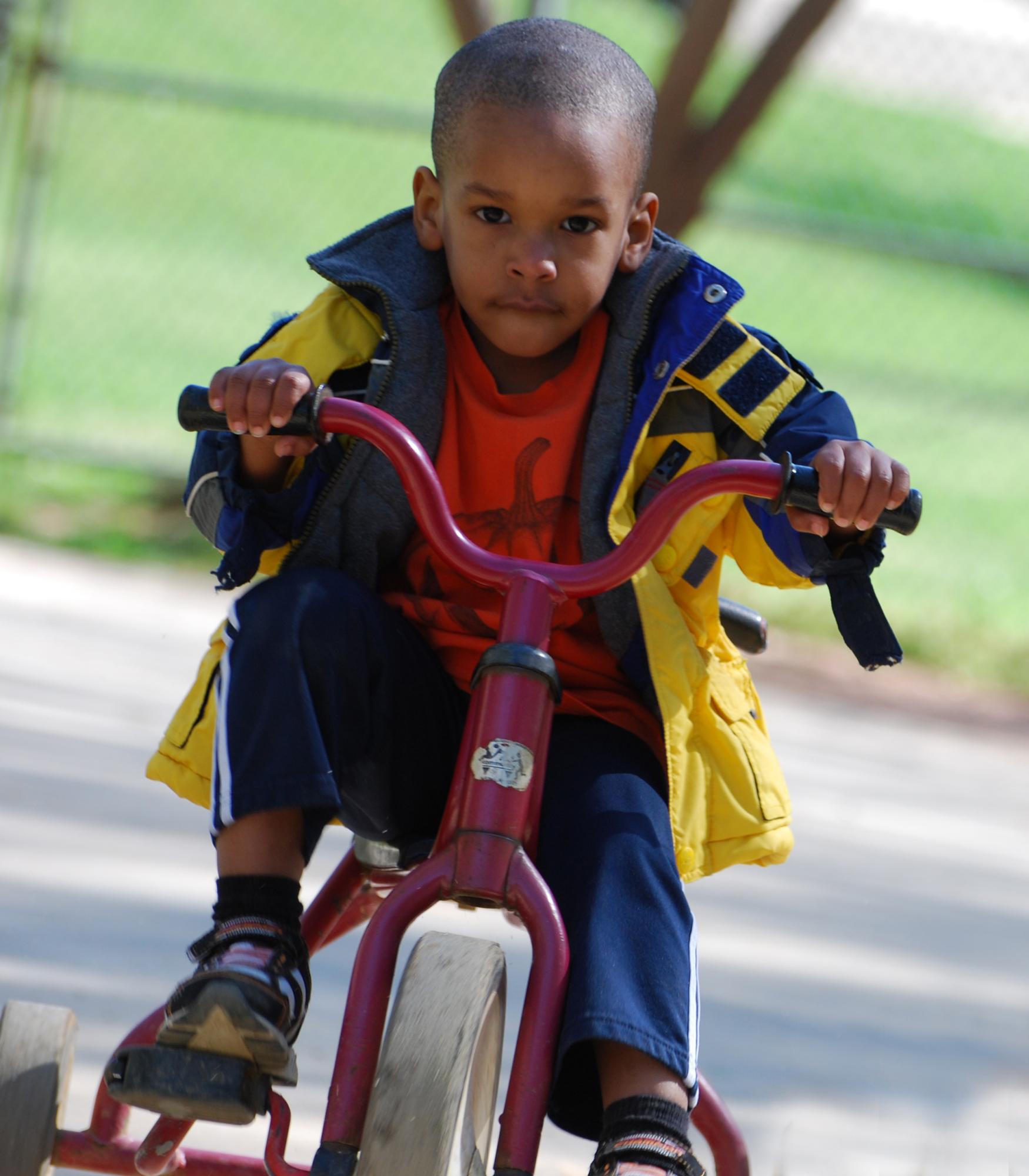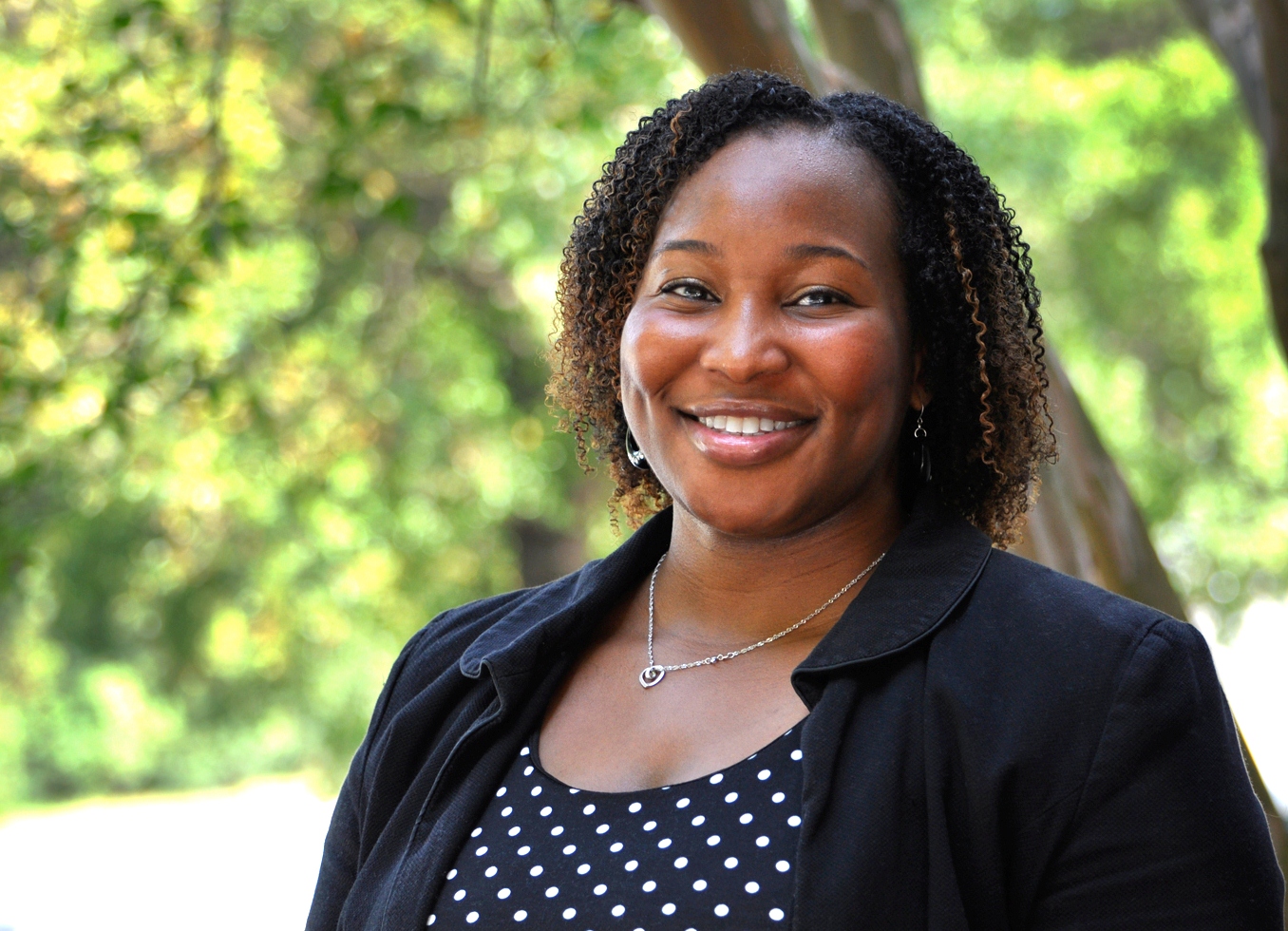Parenting Plays Key Role as African American Boys Move from Preschool to Kindergarten
Two-page synopsis of the study
For immediate use
 A new study from UNC’s Frank Porter Graham Child Development Institute (FPG) has found that parenting affects the academic and social performance of African American boys as they move from preschool to kindergarten.
A new study from UNC’s Frank Porter Graham Child Development Institute (FPG) has found that parenting affects the academic and social performance of African American boys as they move from preschool to kindergarten.
“The transition to kindergarten can be challenging for many children due to new expectations, social interactions, and physiological changes,” said Iheoma Iruka, FPG’s associate director of research and the study’s lead author. “Transitions may be even more arduous for African American boys, given the many challenges they are likely to face compared to their peers.”
However, Iruka says that previous research has demonstrated that many African American boys actually transition into kindergarten prepared to learn and excel. “In the early years, African American children, including boys, produce narratives of higher quality and have greater narrative comprehension than their peers—and, once we account for family income, African American boys outperform other boys.”
Many previous studies of children sampled across ethnic groups have only emphasized the academic or social deficits of African American boys after entering kindergarten. By concentrating exclusively on these boys, Iruka and her research team hoped to look at a fuller range of experiences and outcomes. The team studied the transitions of 700 African American boys by examining family and child characteristics, as well as parenting practices.
With FPG’s Nicole Gardner-Neblett and Donna-Marie C. Winn, and Montclair State University’s J.S. Matthews, Iruka found four patterns for African American boys after they transitioned—and her team also demonstrated the key role that parenting plays in these outcomes.
Just over half the boys (51%) showed increases in language, reading, and math scores in kindergarten, but a sizeable group (19%) consisted of low achievers in preschool who declined even further academically after transition. The smallest group (11%) included early achievers who declined in kindergarten both academically and behaviorally; by contrast, 20% of the boys in the study comprised a group of early achievers who remained on their high-performing academic and social paths after the transition.
 According to Iruka (left), the results clearly suggest that some African American boys experience challenges to their academic achievement and social skills as they move into kindergarten.
According to Iruka (left), the results clearly suggest that some African American boys experience challenges to their academic achievement and social skills as they move into kindergarten.
“In addition, the two groups of early achievers is especially revealing about the importance of effective parenting,” she said. “African American boys from homes where mothers frequently engaged in literacy activities and intentional teaching—and other activities like playing games and taking the child on errands—were likely to be in the high achieving groups.”
Iruka’s study also showed that parent-child interactions influence whether a high-achieving African American boy stays on course.
“It’s important to note that the early achievers who declined academically and socially were more likely to be from homes in which the parents were inattentive,” she said. “The group of boys with detached parents showed a significant decrease in their reading and math scores and an increase in aggression during the preschool-to-kindergarten transition.”
According to Iruka, these results fit well with other research that has shown how important it is for all children across socioeconomic lines to receive responsive parenting that is enriching and cognitively stimulating. Because of the importance of parenting, Iruka and her co-authors recommend involving parents in academic and social support for children throughout the transition from preschool to kindergarten.
“We believe this time of change requires families and teachers to work together,” she said. “Not only can such partnerships help to ensure the best academic and social outcomes for gifted African American boys—they can make a difference for all groups of children.”
Contact
Iheoma Iruka, Associate Director for Research
UNC’s Frank Porter Graham Child Development Institute
iruka@unc.edu
919.843.8085
Full study: “Preschool to Kindergarten Transition Patterns for African American Boys” in Early Childhood Research Quarterly 29:2 (2014)
FPG grants permission to publish this story in part or in its entirety, as well as permission to use the above photograph(s) in conjunction with this story. Photo credit: courtesy of UNC’s Frank Porter Graham Child Development Institute.
DShaw
